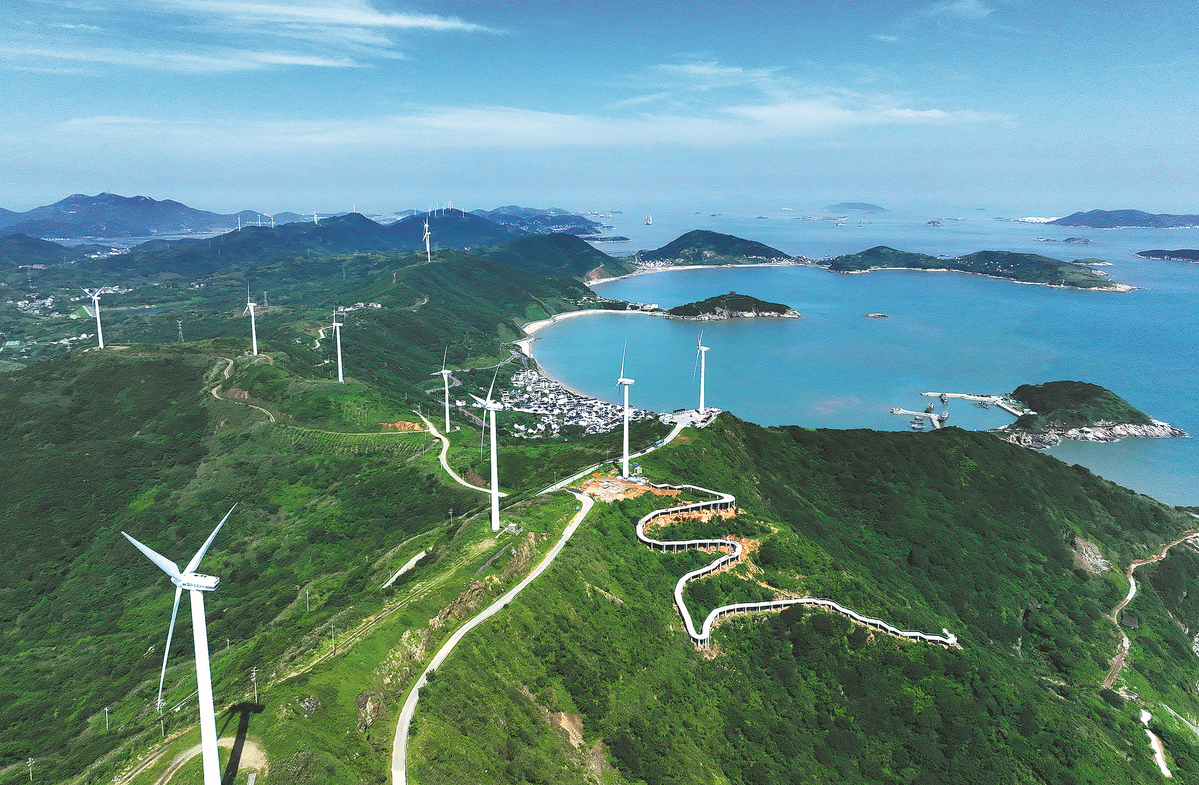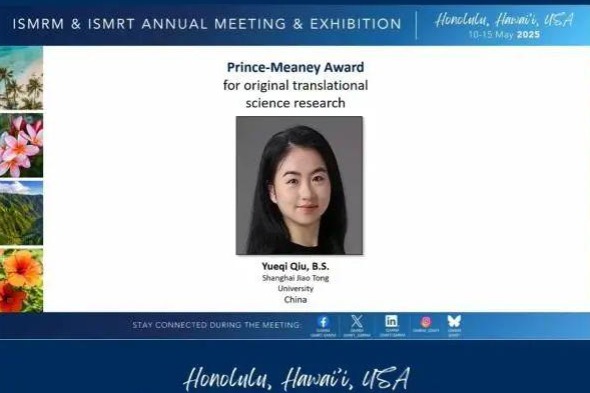Seeking harmony with nature, Xi steers China's green transition


BEIJING - China marks its first National Ecology Day on Tuesday, designated to enhance public awareness and actions to protect the ecological environment, as part of the country's efforts to pursue harmony between humanity and nature.
Under the guidance of President Xi Jinping, China has seen historic changes on ecological conservation, upholding the belief that lucid waters and lush mountains are invaluable assets, a core concept of Xi's thought on ecological civilization.
Making instructions on National Ecology Day, Xi, also general secretary of the Communist Party of China (CPC) Central Committee and chairman of the Central Military Commission, urged the whole of society to vigorously promote and act as role models in practicing it.
BETTER LIVING ENVIRONMENT
Xi proposed the concept on Aug 15, 2005, when he was visiting Yucun Village in east China's Zhejiang Province, where he praised the villagers' decision to shut down limestone mines and cement factories after the industry caused severe damage to the local environment. Xi was then the Party chief of Zhejiang.
Yucun has now successfully turned to green industries, including ecological tourism, for more sustainable development, providing a fine example of the sweeping environmental changes across the nation.
Since the 18th CPC National Congress, China has taken a series of groundbreaking steps on ecological conservation, with unprecedented determination, intensity and effectiveness.
In 2015, a revised environmental protection law came into effect, with the provisions hailed as "the strictest" in history. In 2017, pollution control was identified as one of China's "three tough battles," along with poverty relief and risk control. In 2018, China incorporated ecological civilization into its Constitution for the first time.
Concrete measures have also been taken in the past decade, including the ecological protection "red line," the establishment of a system of river chiefs and lake chiefs, as well as the systemic protection and management of mountains, rivers, forests, farmland, lakes, grass and sand.
Due to tenacious efforts, China's PM2.5 density fell 57 percent from 2013 to 2022, while the annual number of days with serious air pollution dropped sharply by 92 percent.
Planting trees has become a common practice for the Chinese people, and the country has created the world's largest area of planted forests, with its forest coverage rate more than doubling from 12 percent in the early 1980s to over 24 percent last year.
Water quality has also shown remarkable improvement, with 84.9 percent of surface water sections achieving the excellent quality grade, approaching the levels seen in developed countries.
To keep improving the quality of our ecological environment, we should keep doing what we are doing now, and go deep in a bid to keep our skies blue, waters clear and lands pollution-free, Xi said at a national conference on ecological and environmental protection held in July.
MORE ABUNDANT WILD SPECIES
Believing that biodiversity makes Earth full of vigor and vitality and lays the foundation for human survival and development, Xi has led China in achieving steady progress on addressing biodiversity loss.
Starting from 2021, China has imposed a 10-year ban on fishing in the key waters of the Yangtze River basin, with 228,000 fishermen on 110,000 boats relinquishing their nets. Xi said the cost of the policy was not small, "but it is worthwhile to protect the ecology of the whole basin."
The fishing ban has already achieved solid progress on ecological conservation. The Yangtze finless porpoises, an endangered species known as the "giant panda of the water," have been spotted more frequently in Poyang Lake, Dongting Lake and the middle and lower reaches of the Yangtze River.
In the Jianli section of the Yangtze River, the number of fish roes produced by the four major Chinese carps during the breeding season surged from less than 100 million to 7.87 billion.
Across the country, wildlife on plateaus and mountains, as well as in the rainforests, is also making a comeback amid the country's efforts to build the world's largest national park system.
The first batch of national parks established in 2021, with a protected land area of 230,000 square km, are home to nearly 30 percent of the key terrestrial wildlife species found in the country, while the authenticity and integrity of the ecosystems in these parks are under effective protection.
LOW-CARBON SHIFT
Xi has on many occasions stressed efforts to advance the transition to low-carbon development, as China joins the world to address climate change.
China has pledged to have CO2 emissions peak before 2030 and achieve carbon neutrality before 2060, representing the biggest cut in carbon emission intensity in the shortest period of time that the world has ever seen.
In doing so, China has taken the initiative, instead of doing it passively, Xi once said.
A cleaner energy system is an important part of China's low-carbon endeavors. The country has developed the world's largest clean coal-burning power generation base, built up the world's highest capacity of installed wind and photovoltaic power, and established the world's largest carbon market for greenhouse gas emissions.
China's energy intensity -- the amount of energy consumed per unit of GDP -- decreased 26.4 percent in the past decade, according to the National Development and Reform Commission, adding that the country has exceeded its target for reducing carbon emission intensity pledged to the international community.
As China's green shift gathers pace, Xi has called for concrete and constant efforts across the society to make greater contributions to jointly build a clean and beautiful world.
In September 2021, China announced that it would stop building new coal-fired projects overseas, pledging that it would step up support for other developing countries in developing green and low-carbon energy.
"We only have one Earth. Protecting the ecological environment and pushing sustainable development are our joint obligations," Xi once said.






































